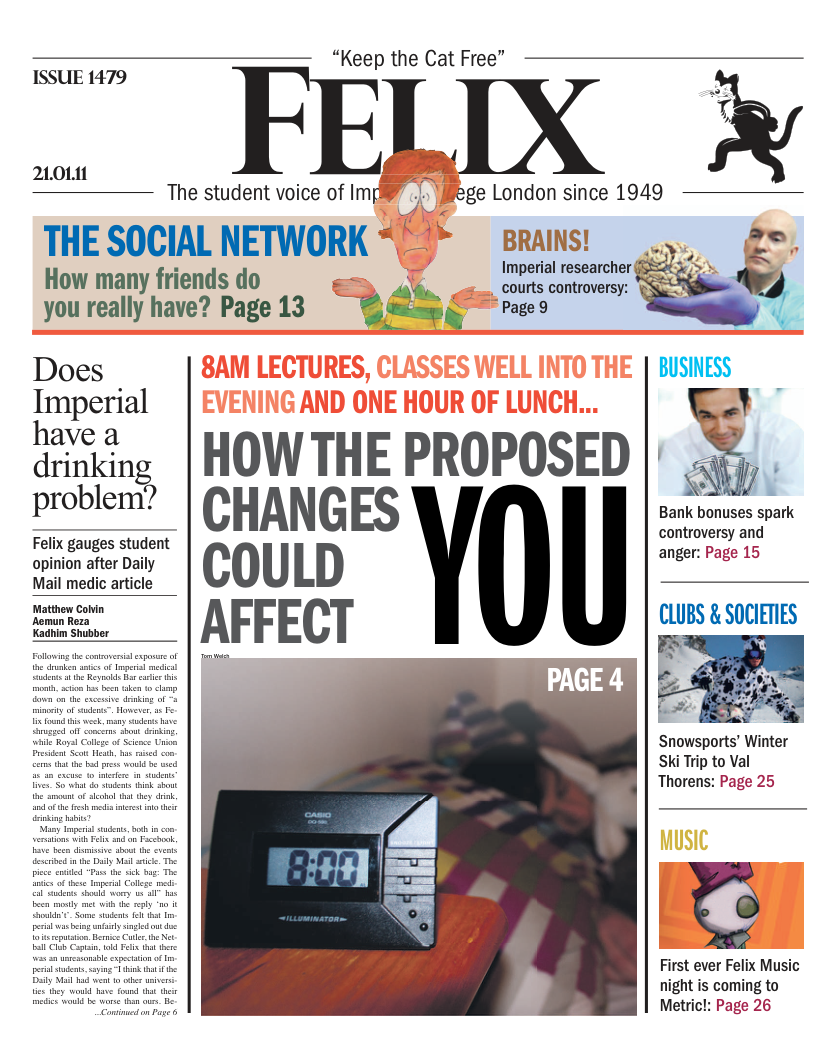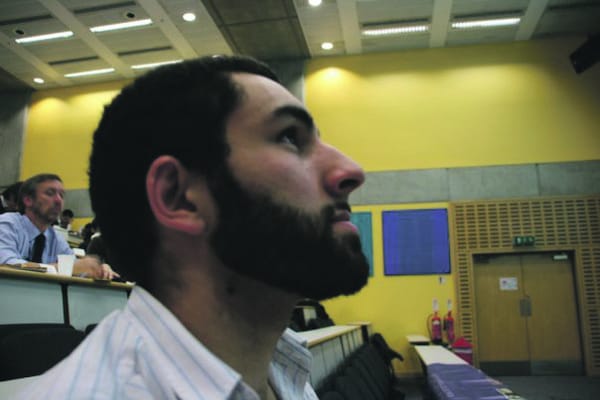Science doesn’t play by its own rules
Until there's a more equal balance of men and women in Science, let's stop pretending we live in a rational meritocracy
Happy 450th birthday Francis Bacon! In case you didn't know, it ís thanks to him that you are studying here, and that science exists as it does. It was he who said that we should make observations and draw from them the physical laws which govern our planet. He also wrote that as scientific minds, we should work to free ourselves from idols, the social and professional biases which are part of being human. Our minds must be pure and rational before we can draw accurate conclusions about the world. The scientific method that we all follow started with him. The problem is, he was wrong about quite a few things.
First of all, the scientific method doesn't quite work like that. Plenty of people over the years have found fault with his scientific methods, but it ís not their birthday and I don't have much space, so I am not going to bore you with their theories.
No, what I am interested in is the idea that we can ever truly free ourselves from the idols. Many people think of science as a rational movement, uninfluenced by wider society. Scientists should be blind to race, gender and social status, and success in science should be down to merit alone.
I don't mind telling you, and I am sure you can guess from my name, that I am a woman. There aren't many of us in science and there certainly aren't many of us at Imperial, so try not to get too flustered.
Eureka, the Times science magazine recently looked into why there are so few women in the upper echelons of science. It ís true we are under-represented high up in most fields, but science seems to be particularly bad. I can't believe this is due to being less academically able. I look around my friends and I find women to be just as hard-working and intelligent as guys.
During my biology degree, most of my lecturers were men. They shared ideas, collaborated on papers and went to the pub together. Female academics were few and far between and didn't seem to fit into the blokey structure of the department.
Science is an incredibly sociable field; we spend a lot of time working together in labs, sharing ideas in seminars and networking at conferences. Any scientific paper involves collaborations between several scientists ñ take a look at a report from CERN and you wíll find it is mostly just a list of the authors, with a bit of data tacked on the end. Scientists do not work alone.
I think we are reluctant to accept that we might not be a completely rational meritocracy. But before science can find an equal balance between men and women, we need to accept that we are not isolated from social pressures. Sorry Francis, but we can never completely escape the idols.








